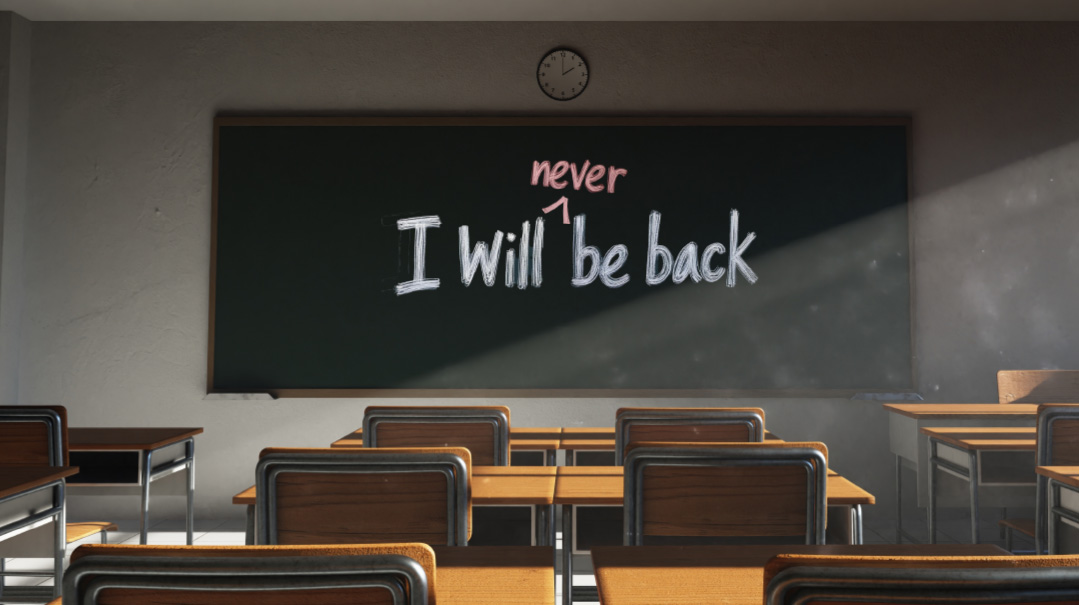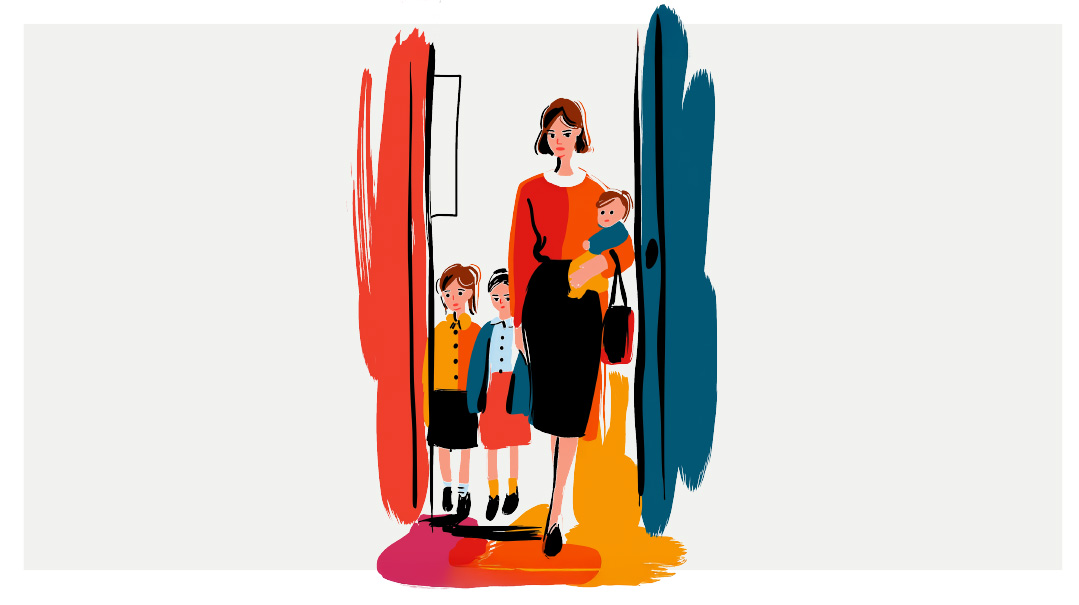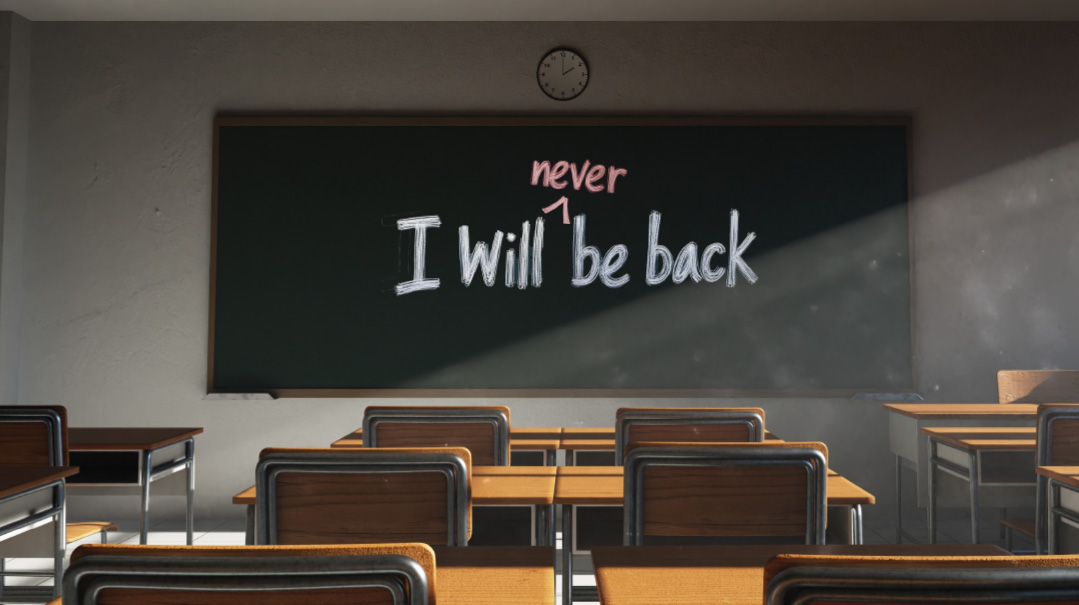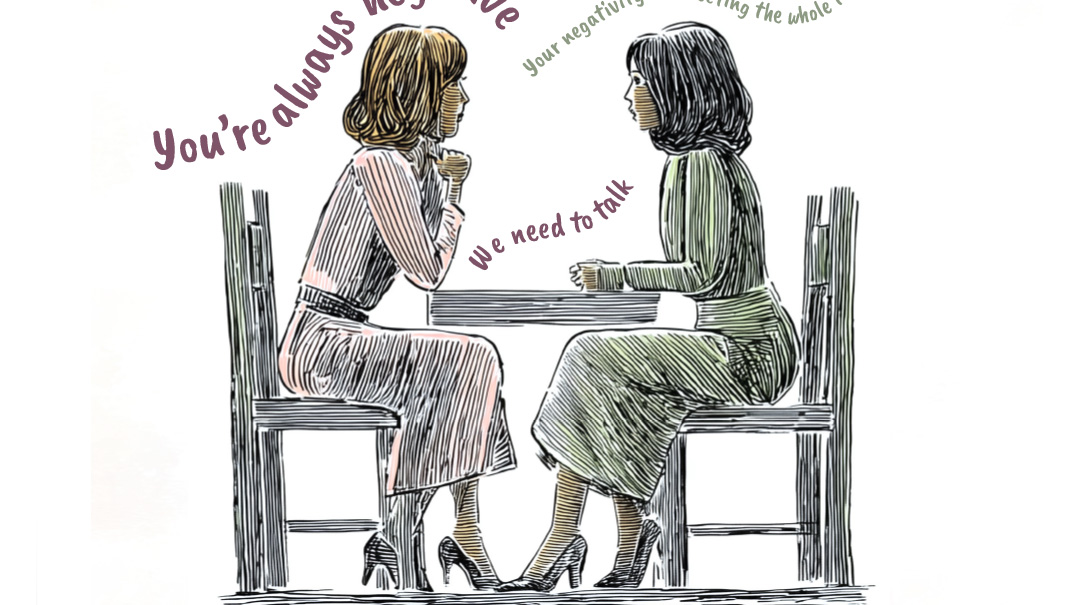Single Pressure
| May 9, 2023The real shidduch crisis happens when we push people into marriage
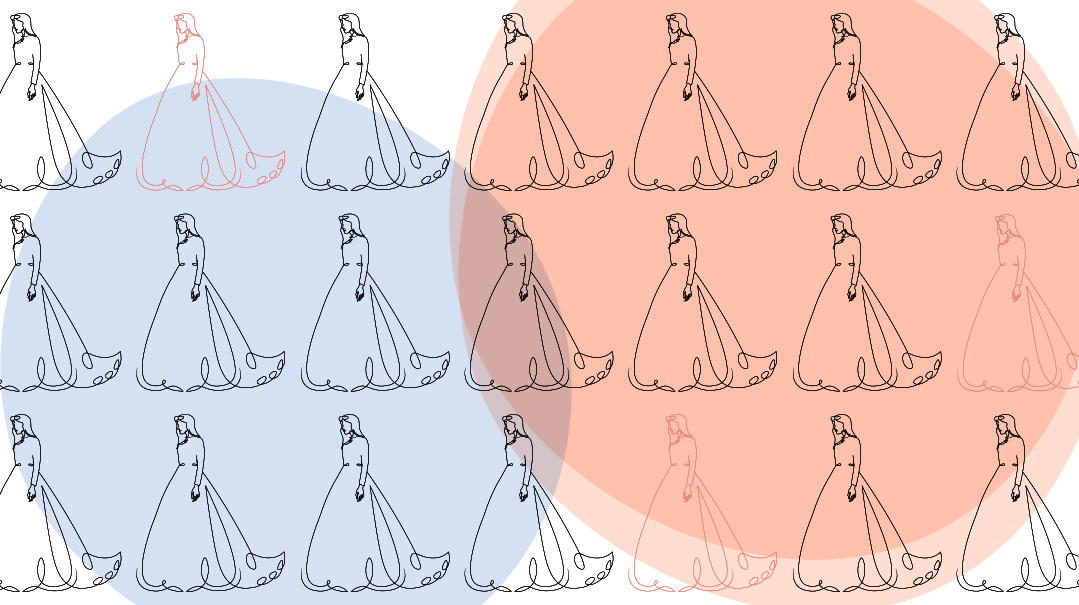
Everywhere you turn, people are talking about the “shidduch crisis.”
Many organizations have opened to help singles get married; different initiatives have been tried, including ones to encourage boys to start dating at a younger age; and shadchanim are offered monetary compensation to get girls dates. This is all beautiful and important work, but what is the real cost of all this?
Do we really want to simply cross names off our list of singles who need shidduchim, only to hear two months or six months after they got married that they’re back home with their parents? How often do we hear of yet another young couple getting divorced? Are we just replacing one crisis with another?
As a dating and relationship coach, I’ve met with too many singles who tell me they’re being pushed to date when they don’t feel ready, or they are dating someone they have issues with, yet are being strongly encouraged to continue regardless of their unease. I met with a young woman who shared with me how firmly she was pressured to continue dating and then get engaged, even when it didn’t feel right to her. It is hard to see them in pain.
It’s very easy to persuade people to get married. Knowing when to back off is so much more important.
Before your son or daughter begins the “shidduch parshah,” make sure they’re ready for dating and marriage. Never pressure them into it because you’re worried they’ll be labeled as “old” when they do eventually feel ready.
If a single says he or she needs time off from dating, no matter how much time they need, say, “No problem.” Don’t push their feelings away.
If your child has concerns about the person they’re dating, listen to them. Many serious problems don’t present as glaring red flags. Often, they’re subtle. Have your concerned son or daughter speak to a competent marriage and relationship therapist or dating coach to see whether these issues stem from normal dating anxiety or are something more.
Comments from the Trenches
These are some comments I hear often from well-meaning parents or shadchanim, and my concerns about them.
“The feelings will grow after marriage.”
Wanting to feel sparks or the Hollywood “love at first sight” feeling isn’t realistic, but some feelings need to be there for them to grow. A tree without roots can’t possibly grow into a strong, beautiful tree. After marriage, the feelings that were there before will only get deeper.
“Everyone has to compromise on something.”
This is true. No human or relationship is perfect. But there are certain things a person shouldn’t have to sacrifice for the sake of marriage. A person knows what he or she can live with or without. Pushing someone into a situation they don’t feel comfortable with can have negative consequences.
“They’re being too picky.”
There’s a difference between being picky and being selective. A person should never compromise on their goals, values, or on appreciation for the things that make them unique. In a relationship, no one should feel stifled or that their individuality has been stripped away.
“At that age, they’re lucky to even get a date.”
So because they’re older, they should settle and marry someone who isn’t the least bit compatible with them?
And here are comments I hear often from singles:
“I’m afraid of disappointing my parents.”
This, to me, is one of the more difficult ones that I hear. So often, singles tell me, “My parents really like him/her, but I’m not so sure.” Remember that you’re the only one who will have to live with this decision for the rest of your life. No one else has to like them but you.
If you’re a parent, remember this! The person that your son or daughter is dating may be good for your image, they may be the exact version of the fantasy you envisioned for your child, and you may really like them, but at the end of the day, you won’t be spending the rest of your life with them, your child will.
“My parents and I aren’t on the same page.”
We need to be careful not to project our own wants onto our children. Each human being is unique, and parents should have a conversation with their son or daughter before they start the shidduch process to make sure they truly understand who their child is and what their needs are.
“But on paper, they’re perfect.”
He/she may check off all the boxes, but do they make you happy? Do you enjoy spending time with him/her? Sometimes it’s better not to have everything on your list checked off, but rather be with someone you look forward to seeing, and with whom you feel relaxed and comfortable.
“I need more time.”
Why does shidduch dating have to be governed by so many rules? All relationships develop differently, and each person is ready to commit at a different pace. Never compare one couple’s journey with another’s. If someone says he needs more time, let him have more time! Don’t pressure him to decide before he’s ready to do so.
“All my friends are dating. Is something wrong with me because I’m not ready yet?”
Dating isn’t a race or competition. People should date and get married only when they feel 100 percent ready to do so. Every person develops at a different pace throughout infancy and childhood. So, too, not everyone is ready for the commitment of marriage at the same time.
As parents, shadchanim, and the community at large, we want the best for our singles, but what is truly the best? We’re so fearful of them becoming “older singles,” we often lose sight of what’s really important. Marriage isn’t the end goal. Staying married is!
We need to ask ourselves: Are we pressuring too many of our young men and women to date when they are not ready?
Are we pushing singles to continue dating even when they’re expressing doubts?
Are we encouraging engagement before the singles are ready?
Are we just replacing one crisis with another?
Miriam Zeitlin is a certified dating/relationship coach and shadchan. Having been through the shidduch and dating scene with her boys, Miriam saw a huge need for dating coaches who understand the frum shidduch system. Miriam grew up in Brooklyn and attended school in Chicago, so she understands and connects well with people from all backgrounds.
(Originally featured in Family First, Issue 842)
Oops! We could not locate your form.



